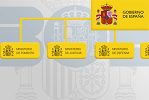Higher education
Content
Organisation
Higher education is the next and final step after secondary education.
Traditionally, such teaching has been imparted through different university studies and higher-level vocational training.
University studies
Bachelor’s degree courses
The purpose of a degree is to enable the student to obtain a general education in one or more disciplines oriented towards work of a professional nature.
Completing a degree gives the student the right to obtain a bachelor's degree with the specific denomination that appears in the Registry of Universities, Centres and Degrees (RUCT)![]() , depending on each case.
, depending on each case.
Master’s degree courses
The purpose of a Master’s degree is to enable the student to receive advanced training of a specialised or multidisciplinary nature oriented towards academic or professional specialisation or to promote the initiation of research.
Completing a Master’s degree gives the student the right to obtain a Master's Degree with the specific denomination that appears in the Registry of Universities, Centres and Degrees (RUCT).
PhD courses
A PhD or doctoral degree course is the third cycle of university studies, which leads to the acquisition of the competencies and skills related to quality scientific research.
Successful completion of a PhD gives the student the right to obtain the title of Doctor, with the specific denomination that appears in the Registry of Universities, Centres and Degrees (RUCT).
Effect of university qualifications
The above university degrees will be official and valid throughout the national territory with full academic effect and, as the case may be, qualify the student to carry out regulated activities of a professional nature in accordance with the legislation that applies in each case.
In the case of degrees providing access to professional activities that are regulated in Spain (for example, the fields of engineering and architecture, health sciences, social sciences and law, professional activities that involve teaching), the Government will establish the conditions to be met by the respective syllabuses, which must also be adapted to the applicable European legislation, where appropriate.
To learn more about the organisation of university studies, consult the information provided by the Ministry of Science, Innovation and Universities![]() .
.
Higher-level vocational training
It is organised in training cycles with a duration that may range from two to three academic courses.
They lead to a Level 3 qualification and the qualification of Advanced Technician, giving access to university studies on successfully completing the university admissions procedure.
To access the higher-level vocational training cycles, one of the following conditions must be met:
-
Have the qualification of Medium-Level Vocational Training Technician and/or the degree of technician or technician in Plastic and Design Arts.
-
Have a Bachelor’s degree.
-
Have successfully completed a Grade C training offer included in the training cycle.
-
Have successfully completed a specific preparatory training course for access to higher education courses in institutions expressly authorised by the education administration, in accordance with Article 113.
-
Have passed the exam granting access to higher level vocational training cycles or the university entrance exam for persons aged over 25.
-
Have an advanced vocational training technician qualification or a university degree.
In the case of access under points (c), (d) and (e), applicants must also be at least 19 years old in the year of taking the test or of starting the training.
More information on the organisation of higher level vocational training is available on the TodoFP website![]() .
.
Information for each Autonomous Community


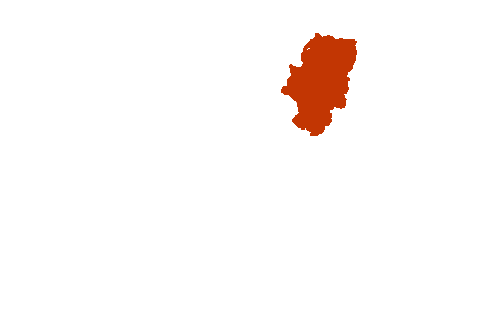


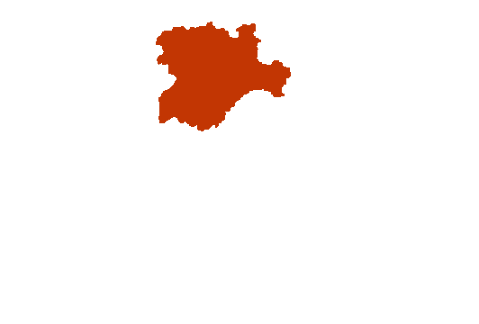
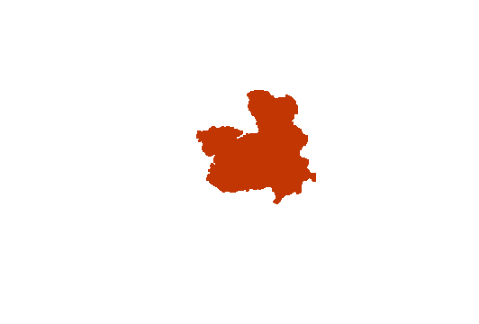






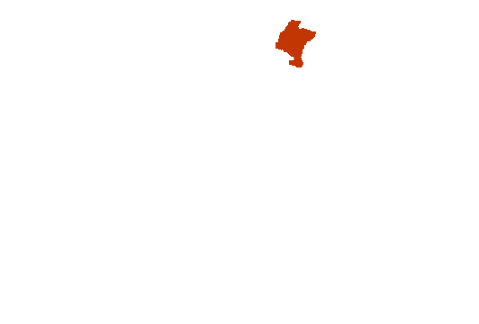


Andalucía Aragón Asturias, Principado de Balears, Illes Canarias Cantabria Castilla y León Castilla-La Mancha Cataluña Ciudad de Ceuta Ciudad de Melilla Comunitat Valenciana Extremadura Galicia Madrid, Comunidad de Murcia, Región de Navarra, Comunidad Foral de País Vasco Rioja, La
Legal and/or technical references
-
Organic Law 2/2023 of 22 March on the university system.

-
Royal Decree 822/2021 of 28 September establishing the organisation of university education and the related quality assurance procedure.

-
Royal Decree 99/2011 of 28 January 2011 regulating official doctoral degree studies.

-
Royal Decree 659/2023, of July 18, which develops the organization of the Vocational Training System.

-
Basic State legislation on vocational training








